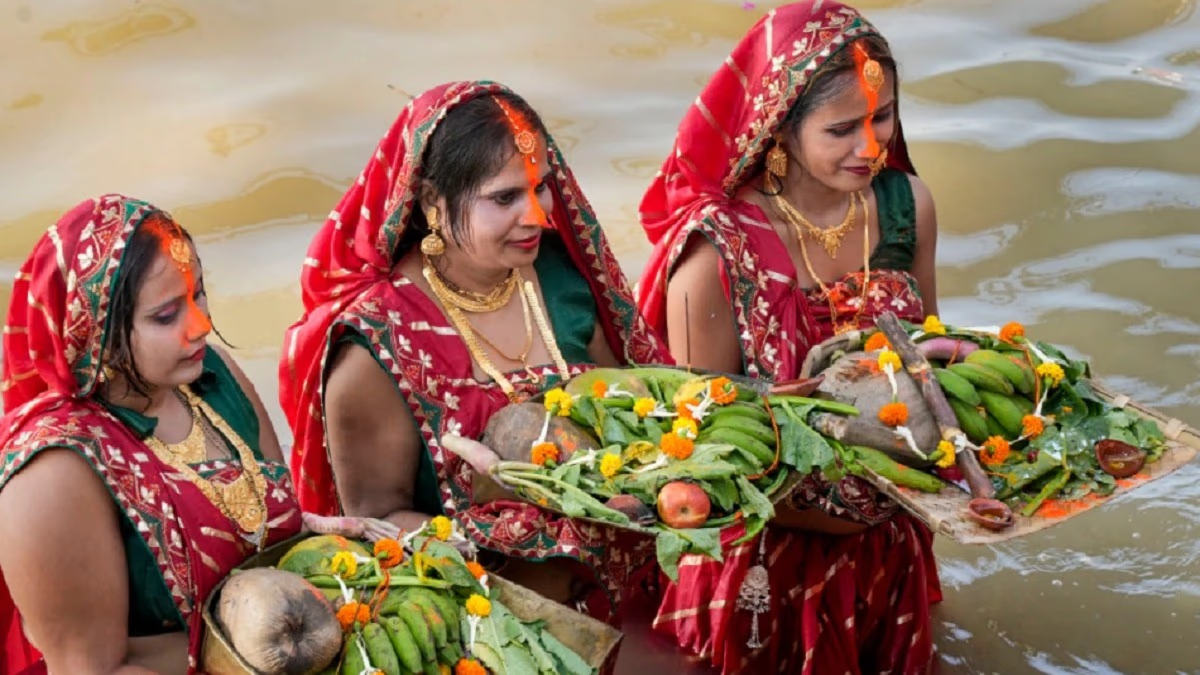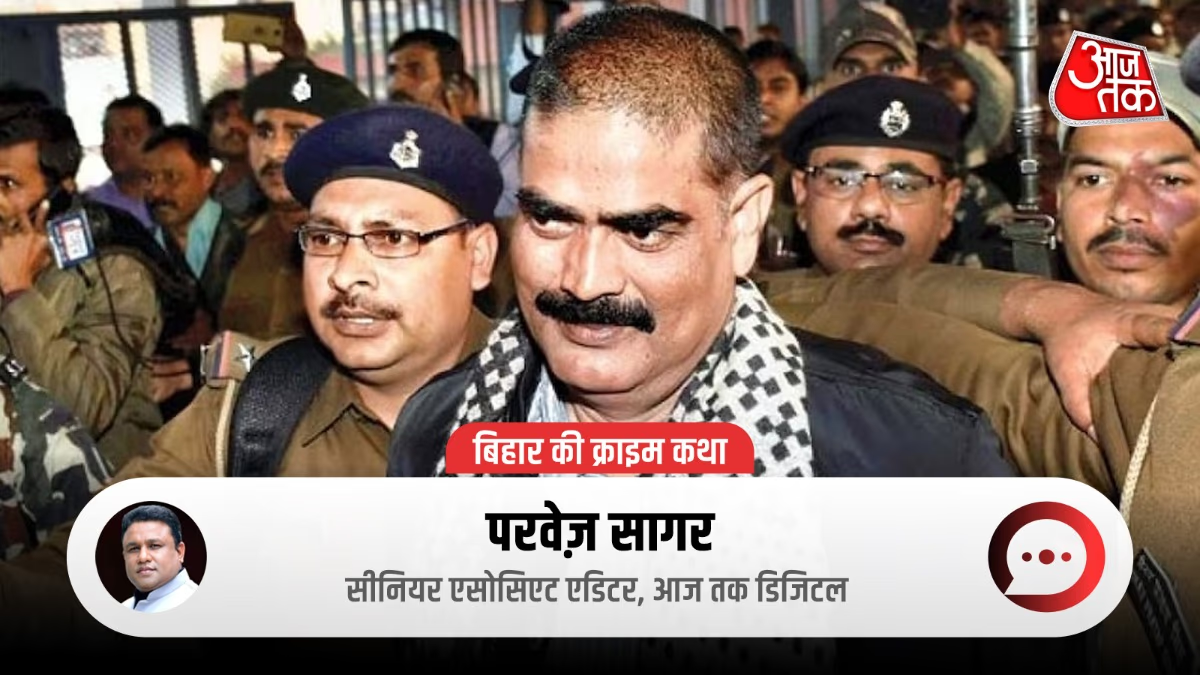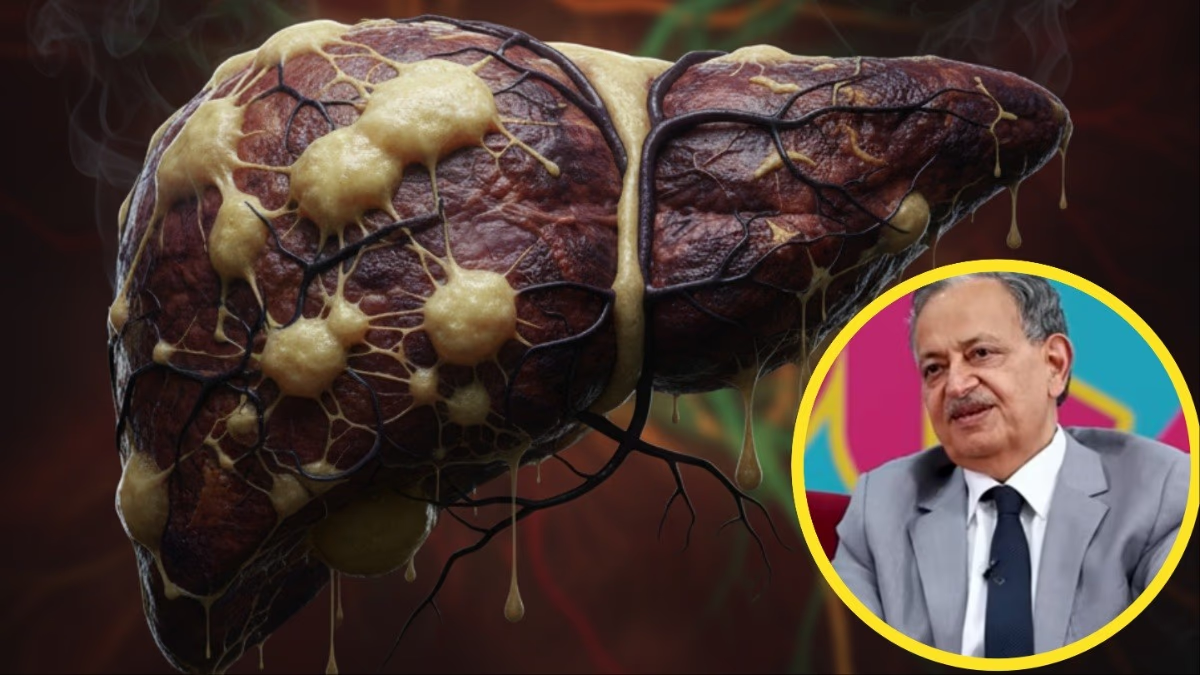The Chhath festival is cherished across numerous states like Bihar and Jharkhand. This year, the capital of the north, Lucknow, has also declared a holiday for Chhath Puja. On Thursday, all private institutions and government offices will remain closed, as per the orders released.
Also Read: What Does CM Yogi's Kashi-Mathura Statement Mean? View 'Halla Bol' From Lucknow
The decree indicates that on November 7, all government and private offices will remain closed in observance of Chhath. This has been directed by DM Surya Pal Gangwar.
Why is Chhath Festival Celebrated?
According to scriptures, Sun God is specially worshipped when the Sun is in its lower zodiac sign during the Kartik month to prevent health issues. The Shashthi Tithi is related to the long life of children; hence, worshiping the Sun God and Shashthi grants offspring and ensures their longevity.
The first day's ritual of the Chhath Mahaparva is called 'Nahay-Khay,' where devotees purify their body and soul following this process. The day primarily emphasizes simplicity and purity in food.
Nahay-Khay Ritual
On the first day of Chhath, devotees take a bath early in the morning in a holy river, pond, or at home, ensuring a little Ganges water is mixed. Post-bath, the entire house, especially the kitchen, undergoes a thorough cleansing to maintain cleanliness and sanctity. Afterward, devotees pledge to observe the Chhath Puja rules earnestly, both mentally and spiritually.
Also Read: 62 Songs Sung During Chhath; Demise of Bihar's Folk Singer Sharda Sinha on Nahay-Khay
On Nahay-Khay, devotees consume only simple, Satvik food. Commonly, rice, gram lentils, and pumpkin curry are cooked. Ingredients like garlic, onion, or any form of spices are avoided. The food is traditionally cooked in earthen or bronze utensils using wood or cow dung cakes ensuring purity, and consumed with devotion before family members partake in the meal.
Second Day - Kharna
The second day is referred to as 'Lohanda-Kharna.' On this day, people fast and consume kheer, made from sugarcane juice, in the evening. Salt or sugar is avoided.
Third Day - Offering to the Setting Sun
On the third day of Chhath, devotees observe a fast and offer 'Arghya' to the setting sun, accompanied by a special delicacy 'thekua' and seasonal fruits. The Arghya is offered with milk and water.
Fourth Day - Offering to the Rising Sun
The fourth day marks the last offering to the rising sun. Following this, the fast concludes with the consumption of raw milk and prasad.




